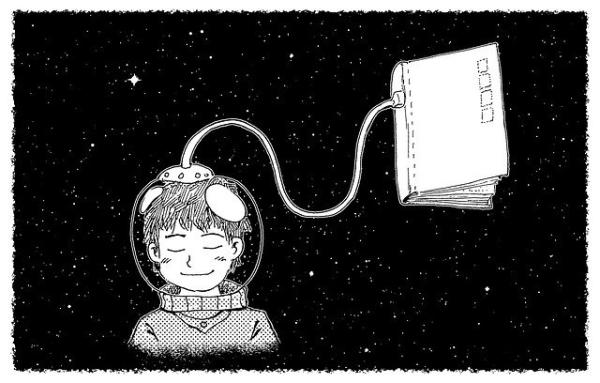“Research has shown people often misunderstand standard food nutritional labels because of confusion about serving sizes; marijuana labeling is analogous. The difference between the two are the consequences of misunderstanding.”
Yes, that’s right. Is it time to develop labels to guide consumers of pot? From Public Health Post, a blog from Boston University’s School of Public Health , What Are You Smoking?
“There is a common misunderstanding that the social benefits of a share of the population acquiring immunity to a disease kick in only once a critical mass is reached (60% or 70% have often been quoted in the context of this new coronavirus).
In fact, the social benefits start accruing from the very start of an epidemic and can be significant even when a relatively small share of the population has acquired immunity.
As a result, subsequent waves of the epidemic may be somewhat easier to manage, with a slower build-up of cases for any given level of social distancing and effectiveness of test, trace and isolate (TTI) processes.”
Let’s take a moment to see how re-opening might be positively effected by our behavior. R0 is not a fixed number, but a relationship between infectivity and opportunity.
From Alma-economics, a UK analytics group, Notes on the dynamics of subsequent epidemic waves
“The danger here, of course, is that these approaches tend to assume that the natural sciences are capable of producing objective knowledge, and that mirroring their methodologies will produce ‘better’ knowledge for the rest of the academy. Half a century of research in the history of science has shown that this perspective is deeply flawed. The sciences have their own history – as indeed does the notion of objectivity – and that history is deeply entwined with power, politics and, importantly, the naturalisation of social inequality by reference to biological inferiority. No programme for understanding human behaviour through the mathematical modelling of evolutionary theory can afford to ignore this point.”
Modeling biology, like COVID-19 pandemic, is a current hot topic. But in some ways, the best-seller Harari’s “Sapiens” is just another model, but of human culture. From Aeon, Are there laws of history?
“In this time of crisis, we are reminded that literature provides historical empathy and perspective, breaking through the isolation we feel hunkered down in our homes to connect us, across time zones and centuries, with others who once lived through not dissimilar events. It conjures our worst nightmares (Poe’s “The Masque of the Red Death,” Katherine Anne Porter’s “Pale Horse, Pale Rider”). And it highlights what we have in common with people in distant cultures and eras, prompting us to remember that others have not only grappled with traumatic events that slammed home the precariousness of life, but have also experienced some of the same things we are dealing with today.”
From the NY Times Book Review, an essay, Coronavirus Notebook: Finding Solace, and Connection, in Classic Books
And finally, a 2-minute video
“Adam Magyar’s gone viral. His recent series Stainless, in which video recordings of subway platforms are played out in super-slow-motion, has been rippling across the web. Magyar first films people on the platform from a speedily arriving train and then slows the footage down, highlighting details and expressions that are often missed and rarely remembered. Regardless of station—Berlin’s Alexanderplatz, Tokyo’s Shinjuku, or New York City’s Grand Central—Magyar’s video excerpts show crowded subway platforms that are at some times haunting, at others elegant. Waiting for the next train never looked so compelling.”
It is worth the viewing if only as a reminder of the old normal, social mingling and no masks on a subway platform. From Natuil.us, A Photographer Who Tinkers with Time




